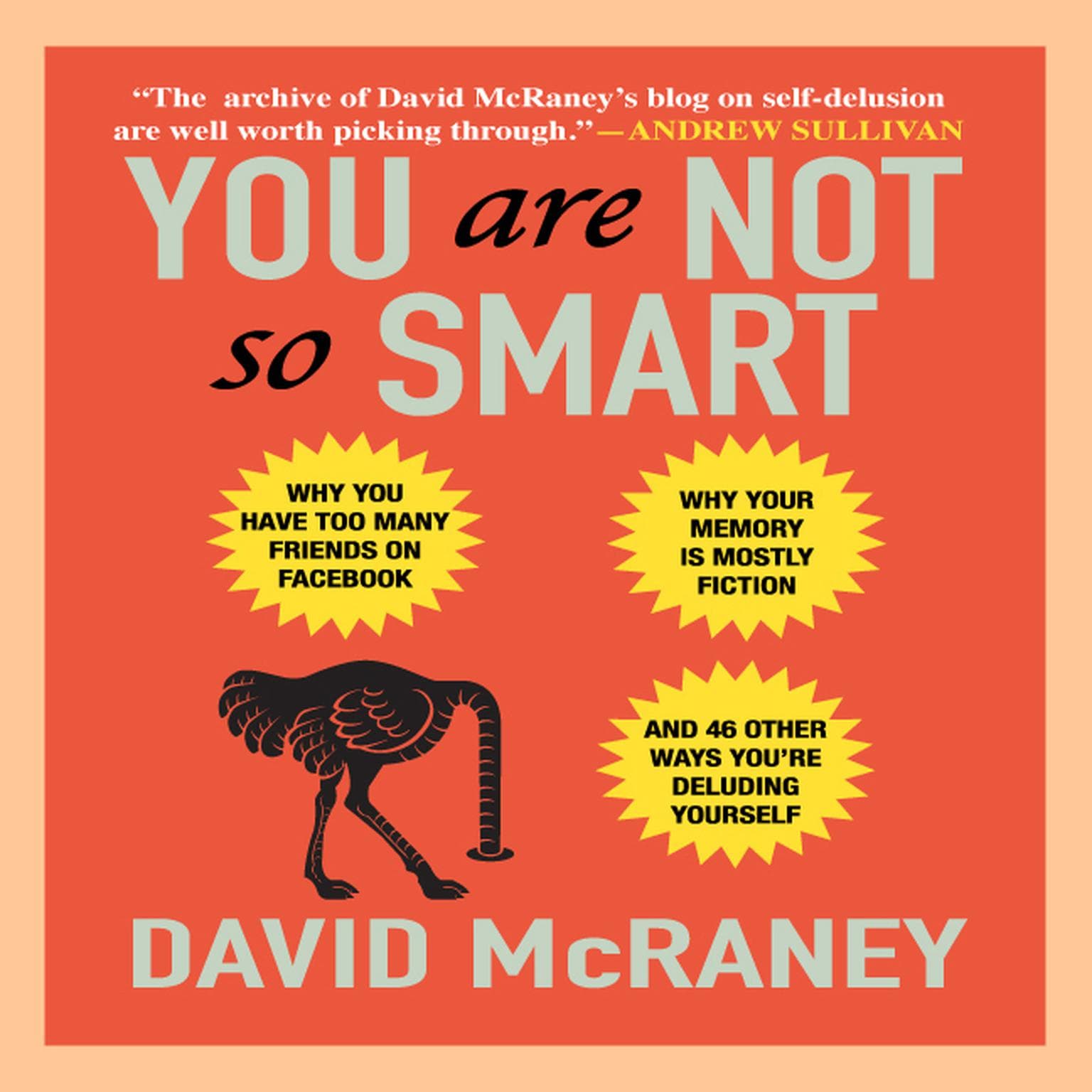📚Best Western Philosophy Books
This list encompasses key works in western philosophy that explore fundamental questions about ethics, knowledge, and existence. These texts reflect the evolution of philosophical thought and the contributions of influential thinkers throughout history.
- 0

"Nicomachean Ethics," written by the ancient Greek philosopher Aristotle, is a foundational text in Western philosophy. This work explores the nature of ethical virtue and the path to a good and fulfilling life. Aristotle delves into concepts such as happiness (eudaimonia), virtue (arete), and the importance of practical wisdom (phronesis). The text is a detailed examination of how individuals can achieve moral and intellectual virtues through habitual practice and rational deliberation.























